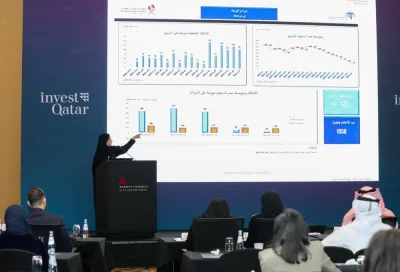British manufacturers plan to trim investment in new machinery following June’s vote to leave the European Union, but fears of a collapse in investment look misplaced, a trade body said.
The EEF lobby group said investment plans had changed little since March when they were already weakening ahead of the Brexit referendum, according to a survey conducted in August and released yesterday.
“At present, a slowdown in investment continues to be the most likely outcome over the next two years, as opposed to an outright collapse,” the EEF said.
The Bank of England expects weaker business investment after the Brexit vote to represent one of the main drags on British economic growth next year, though it now expects the slowdown to be less severe than it forecast in August.
Last month, Japanese car maker Nissan said it would build two new models in Britain despite the vote to quit the EU.
Separately yesterday, a survey by the Institute of Chartered Accountants for England and Wales (ICAEW) showed business confidence was stronger than immediately after the EU vote, but had lost ground since early September. Spending on research and development and staff training also grew more slowly during the three months to October 21 and businesses forecast it would weaken further over the coming year, the ICAEW said.
There is a dearth of hard data on investment since the referendum.
The first official figures are due on November 25, two days after new finance minister Philip Hammond sets out his budget plans, which will likely include investment incentives.
The EEF said the proportion of firms with no plan to increase investment in plant and machinery fell slightly to 57% in August from a peak of 60% in March, but remained above 2015’s reading of 54%.
The trade body said it did not believe the view of its members had changed much in the two months since it conducted the survey, despite a further sharp fall in sterling on concerns Britain might fail to secure a favourable EU trade deal.
“Discussions with manufacturers suggest that they are not making strategic decisions based on this running commentary of possibilities,” the EEF said.
Compared with March, much greater political uncertainty and a small deterioration in domestic demand were the reasons manufacturers gave for not wanting to invest.
But these were just outweighed by a much brighter outlook for exports — due to a weaker pound and stronger overseas demand — and slight gains in the availability of finance.
More firms said they intended to invest in automation, which the EEF said could be due to fears of a skilled labour shortage after Britain left the EU.

A pedestrian walks past a rain water puddle near the Bank of England in London. The BoE expects weaker business investment after the Brexit vote to represent one of the main drags on British economic growth next year, though it now expects the slowdown to be less severe than it forecast in August.


